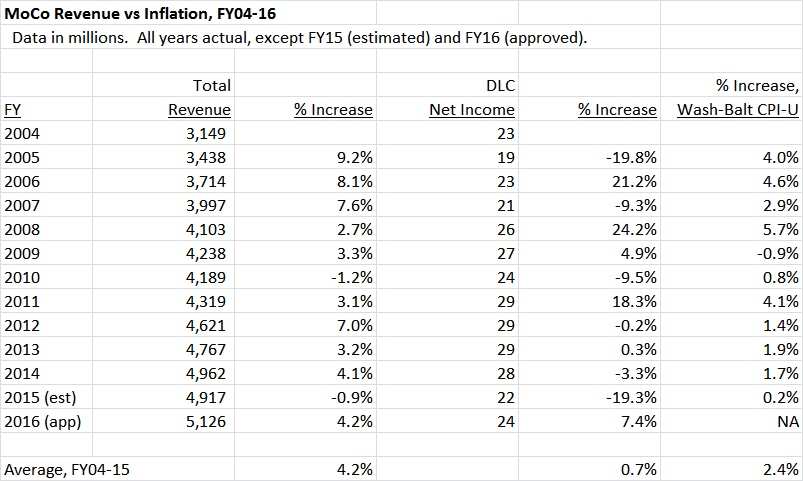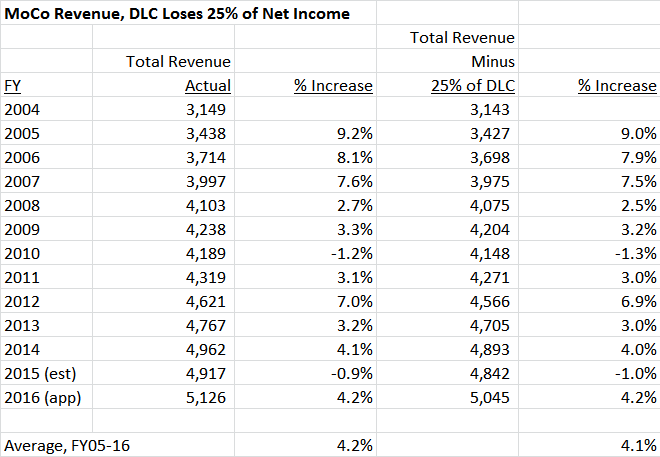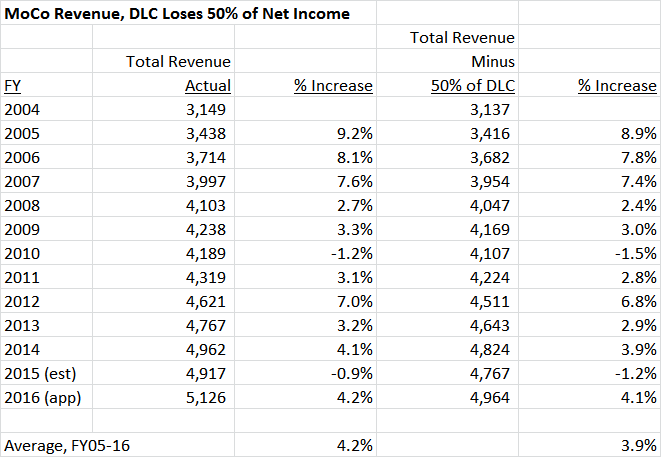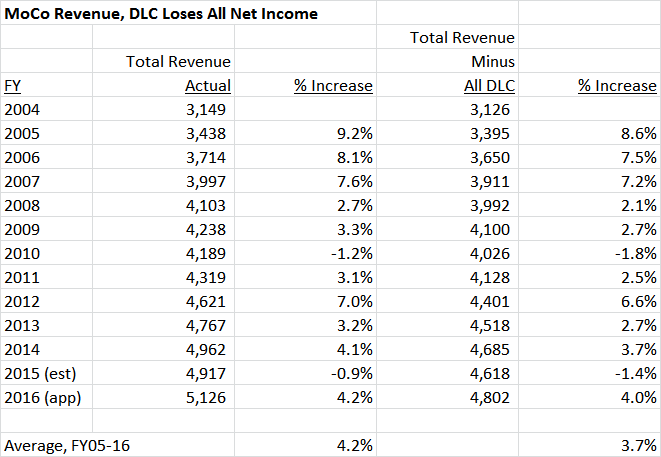Several members of the Freedom2Boycott coalition came to testify against legislation that would prevent businesses that support the BDS (Boycott, Divestment, Sanctions) movement against Israel from doing business with the State of Maryland.
The legislation is supported by the Baltimore Jewish Council (BJC) and the Jewish Community Relations Council (JCRC) of Greater Washington. Thomas Nephew spoke for the Montgomery County Civil Rights Coalition:
While I personally agree with many of my friends here about boycotting Israeli-based companies, organizations, and institutions because of the Israeli occupation and illegal Israeli settlements, I want to emphasize the wider significance of efforts to officially stigmatize or penalize boycotts. . .
As we saw once with the South Africa divestment campaign, one of the points of free speech is the ability to nonviolently — and victoriously! — challenge the status quo and challenge an outdated consensus. One of the points of free association is to be able to pick and choose whom we combine efforts with — and conversely, whom we will not support. Boycotts, divestments, and sanctions are a time-honored, honorable, nonviolent way of doing both. I hope you will resist all efforts to penalize companies or organizations engaged in such actions.
Indeed, I hope you will go further, and support efforts to explicitly guarantee that political boycott, divestment, or sanctions campaigns can not be penalized by the state of Maryland in any way. Don’t just oppose using the state pension fund or the university system to chill speech — affirm that the state of Maryland, its counties, and its cities are not and may not be in the business of regulating free speech and free association in the first place.
The problem with this argument is that, if one support strongly the right to boycott, presumably the State is allowed to boycott people who boycott. Clearly, the author doesn’t oppose state boycotts, as he cites the South Africa divestment movement an example–a movement that had promoting governmental sanctions against South Africa as a core goal.
The real heat and light appeared, however, around claims that the BDS movement is justified by Israel’s human rights record. For example, Whit Athey of Peace Action Montgomery said:
If this anti-BDS legislation goes forward in the next session it will be very divisive, particularly to members of the Democratic Party, and it will unnecessarily take up time and resources from productive activities in the legislature. There are many real priorities for the Montgomery County delegation, which will need the support and attention of the progressive organizations and legislators of the county. Anti-BDS legislation will distract you from work that is important for the citizens of this state.
Odd for him to stake his horse on opposition to being divisive, since BDS’s efforts are extremely divisive. Athey went on to attack efforts to label the BDS movement as anti-Semitic:
Proponents of the anti-BDS legislation claim that supporters of BDS are anti-Semitic and that the state can’t be seen as supporting anti-Semitism. This was specifically stated by the Republican governor of Illinois as he signed that state’s legislation. “We need to stand up to anti-Semitism whenever and wherever we see it,” Gov. Rauner said. This statement is a ridiculous attempt to smear the proponents of BDS. The people whom you will hear today speak against the anti-BDS legislation have spent most of their adult lives working for human rights and civil rights, and to characterize them as anti-Semitic is the height of specious nonsense. Jewish people themselves are well represented among those promoting BDS. Smear tactics are the tools of those whose ideas can’t stand on their own merits. Furthermore, using the term “anti-Semitic” inappropriately and recklessly for political reasons, trivializes real anti-Semitism and demeans the experience of Jewish people who have suffered from it.
Del. Ben Kramer had a lot of fun with this argument, asking repeated questions about the human rights records of various countries with abysmal human rights records and whether BDS was organizing any boycotts of these regimes.





